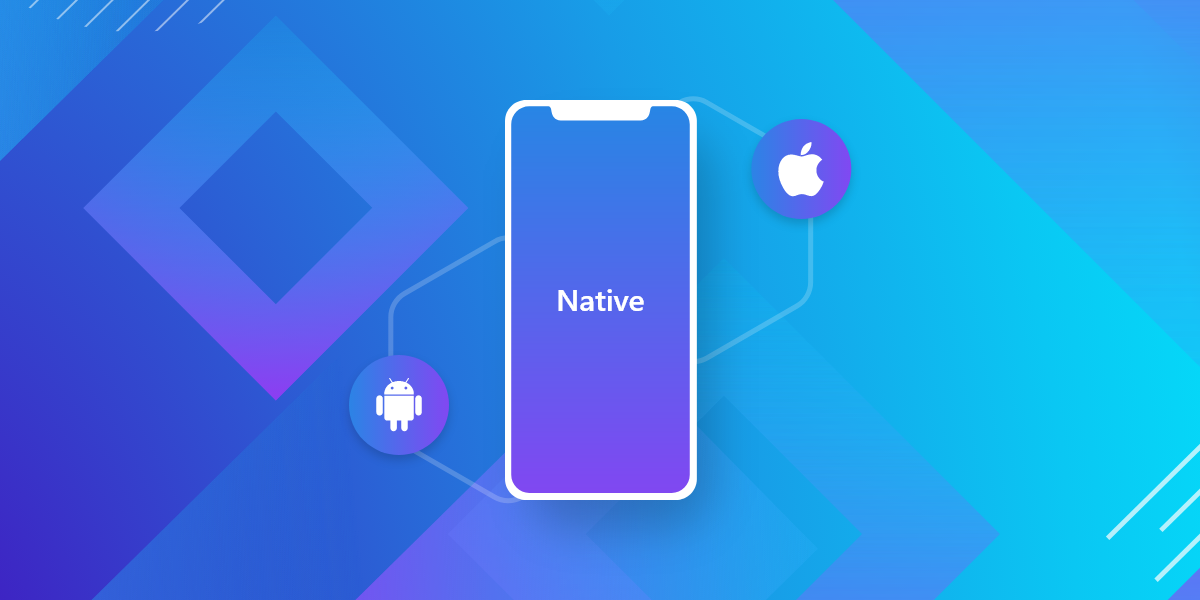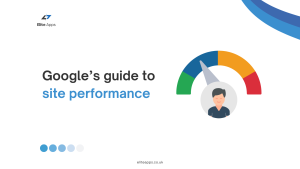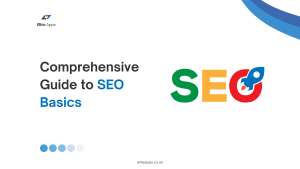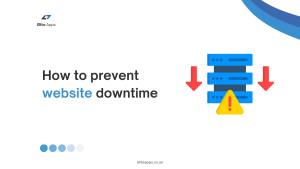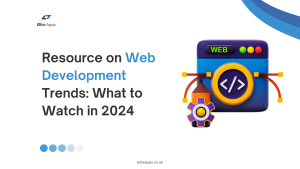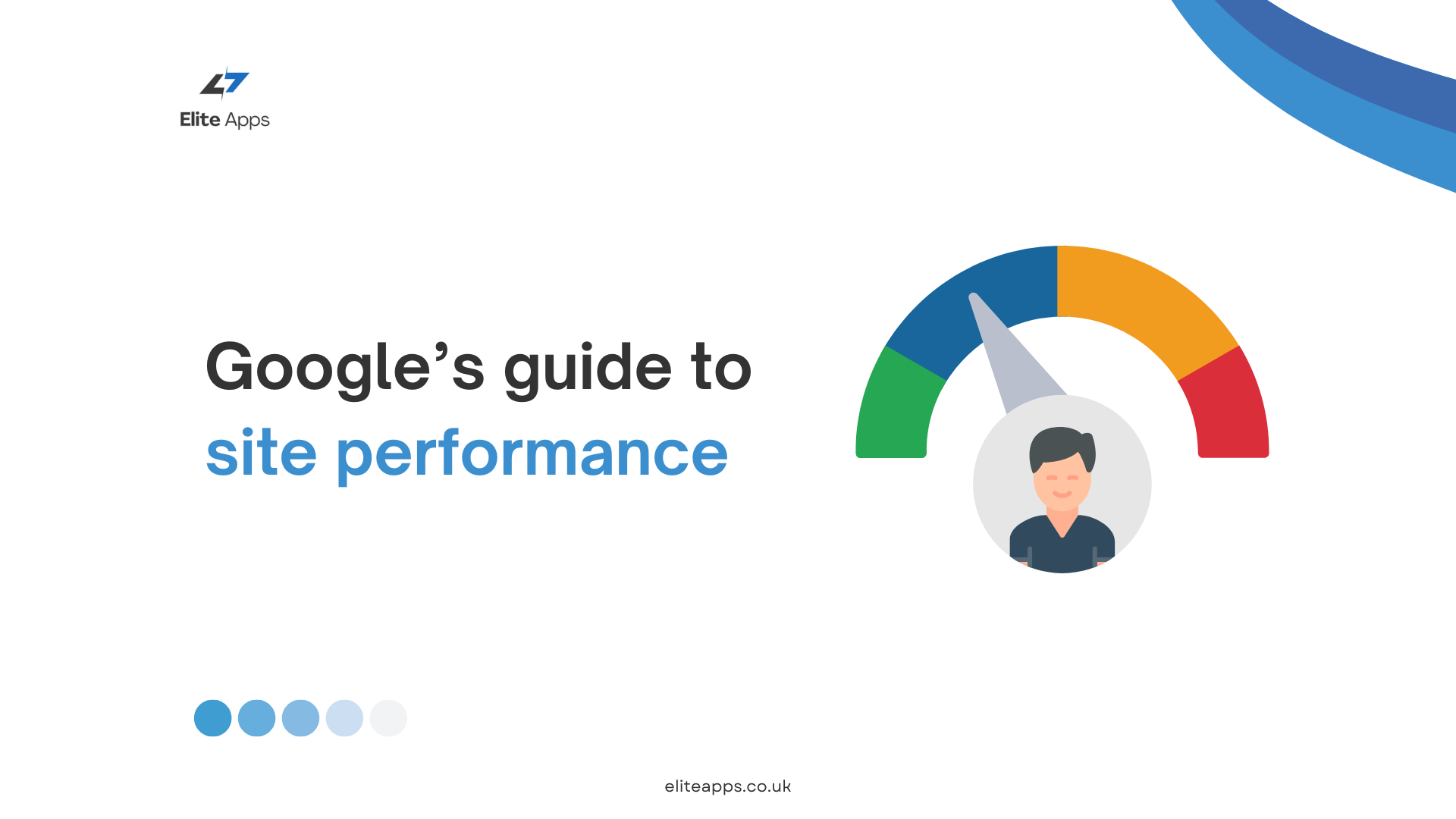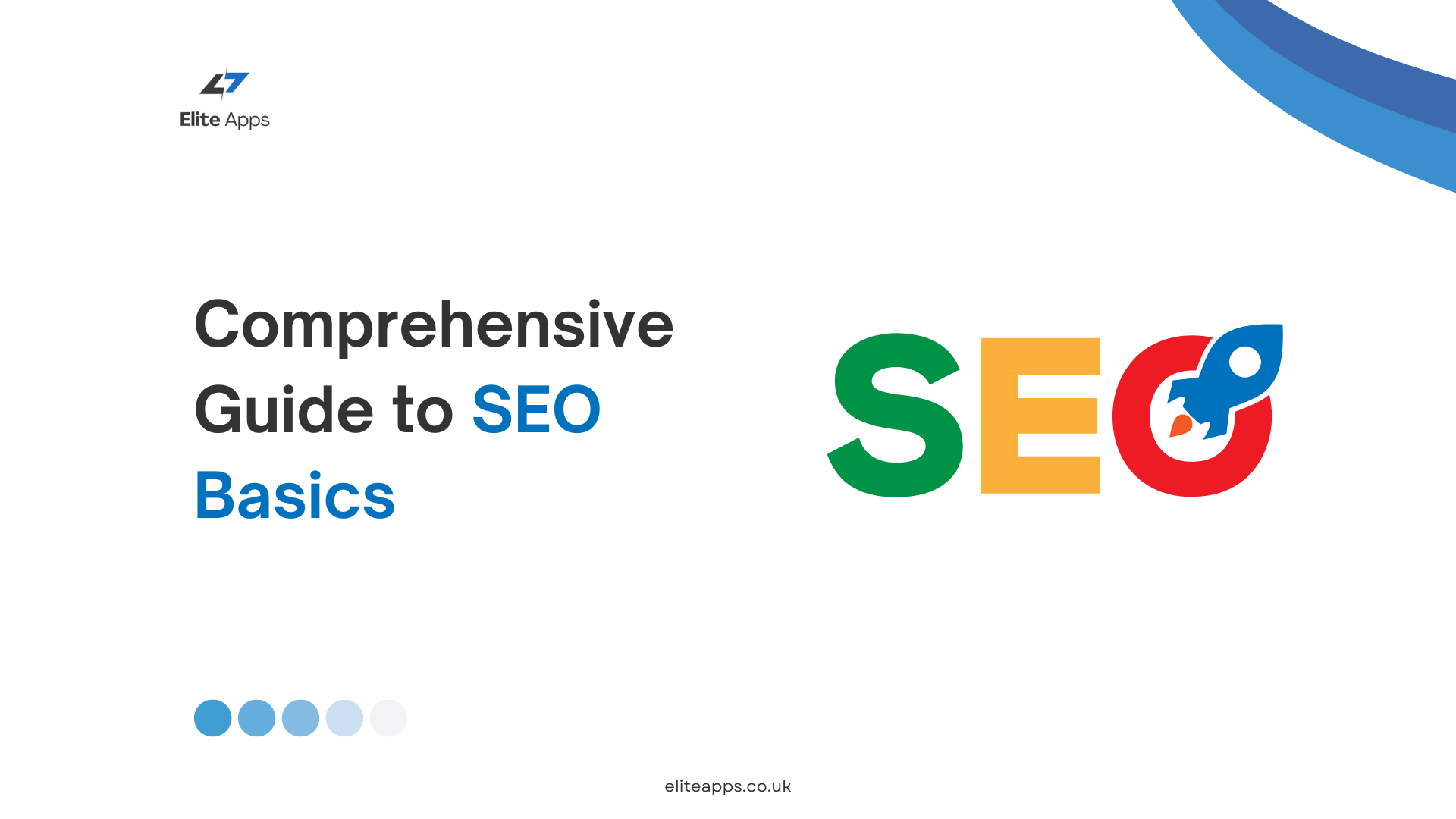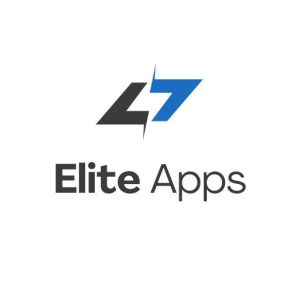Why You Should Choose Native Apps for Your Mobile Development
In today’s app-driven world, businesses face an important decision when building mobile applications: choosing between native, hybrid, or web apps. While hybrid apps are gaining popularity for their cross-platform capabilities, native apps remain the gold standard for many companies, and for good reason.
In this blog, we’ll explore why choosing native app development can offer superior performance, user experience, and long-term value for your business.
1. Performance Superiority
One of the biggest advantages of native apps is their superior performance. Native apps are developed specifically for a particular platform, such as iOS or Android, using platform-specific languages like Swift (iOS) or Kotlin (Android). This allows them to fully leverage the device’s hardware and software features, ensuring smooth operation, faster load times, and better responsiveness.
- Access to device capabilities: Native apps can tap into device-specific features like the camera, GPS, accelerometer, and push notifications with greater efficiency, resulting in smoother functionality.
- Better graphics and rendering: For apps that require high-end graphics (such as games or AR applications), native development can provide much better rendering and smoother animations than hybrid apps.
2. Optimized User Experience
User experience (UX) is at the heart of any successful app, and native apps excel in delivering top-notch UX. Since native apps are built using the platform’s core programming languages and frameworks, they adhere to the guidelines of that platform (like Material Design for Android or Apple’s Human Interface Guidelines for iOS). This ensures that users enjoy a consistent, familiar, and intuitive interface that feels “native” to their device.
- Platform-specific UI/UX: Native apps integrate seamlessly with the platform’s default UI, providing a more intuitive and responsive user interface.
- Fewer bugs and better fluidity: Native apps encounter fewer bugs since they rely on one codebase specific to the platform. The result is fluid performance, without the typical lagging or slow responses that can occur in hybrid apps.
3. Enhanced Security
Security is a major concern for all app developers, especially those dealing with sensitive data like financial apps or health monitoring services. Native apps offer stronger security measures compared to hybrid apps because they can utilize built-in security features of the OS, such as encryption, multi-factor authentication, and secure APIs.
- Direct OS integrations: Native apps can directly integrate with the platform’s built-in security features, providing a higher level of security for user data and transactions.
- More frequent updates: Security vulnerabilities are quickly addressed on native apps, as developers can roll out updates specifically for the platform, ensuring faster patches for security risks.
For more on mobile app security, check out OWASP Mobile Security.
4. Offline Functionality
Unlike web apps, native apps can operate offline by storing essential data locally on the device. This capability is crucial for apps that need to function without a stable internet connection, such as travel apps, e-commerce platforms, or note-taking tools.
- Access data without internet: Native apps can cache data locally, enabling users to access features even in offline mode.
- Better sync capabilities: Once connected to the internet, native apps can seamlessly sync data in the background, ensuring that users don’t lose progress or information while they were offline.
5. Scalability and Future-Proofing
As your app grows in popularity, you’ll need to scale it to handle more users, additional features, or integrations with new technologies. Native apps provide a better foundation for scalability and are easier to upgrade as new features are introduced by the platform.
- Future-proofing: Since native apps are tightly coupled with the OS, they are better equipped to integrate new features that are rolled out with software updates, such as improved AR/VR capabilities or machine learning tools.
- Support for third-party libraries: Native apps can easily integrate with third-party libraries, frameworks, and native tools, providing more options for developers to enhance the app.
6. Higher Quality in App Store Listings
If your goal is to stand out in app stores like Google Play or Apple’s App Store, native apps generally receive higher ratings and better visibility than hybrid apps. Both platforms prioritize apps that offer exceptional performance, quality, and user experience.
- Better ratings: Native apps, due to their performance and UX advantages, tend to receive better reviews from users, leading to higher rankings in app stores.
- Faster approvals: Since native apps follow platform guidelines more closely, they tend to be approved more quickly during the app review process.
7. Long-Term Investment
While the upfront cost of developing a native app may be higher than opting for a hybrid or web-based solution, native apps can offer a better return on investment (ROI) in the long run. Native apps offer superior performance, scalability, and security, all of which contribute to greater user retention and engagement, ultimately benefiting your business.
- Loyal user base: With a faster, smoother, and more intuitive experience, native apps can help build a loyal user base that is more likely to engage with your app over time.
- Higher engagement and retention rates: Because of their superior UX and performance, native apps tend to see higher user engagement and retention, providing long-term business value.
Conclusion
Choosing to go native for your mobile app development can seem like a bigger initial investment, but it offers significant rewards in terms of performance, user experience, security, and scalability. If your goal is to deliver a high-quality, long-lasting product that your users will love, native apps are often the best choice.
By prioritizing the platform-specific advantages of native development, your app can stand out in today’s competitive marketplace, providing a superior experience that keeps users coming back for more.
Do you have any thoughts on choosing native vs hybrid apps? Let us know in the comments below!

